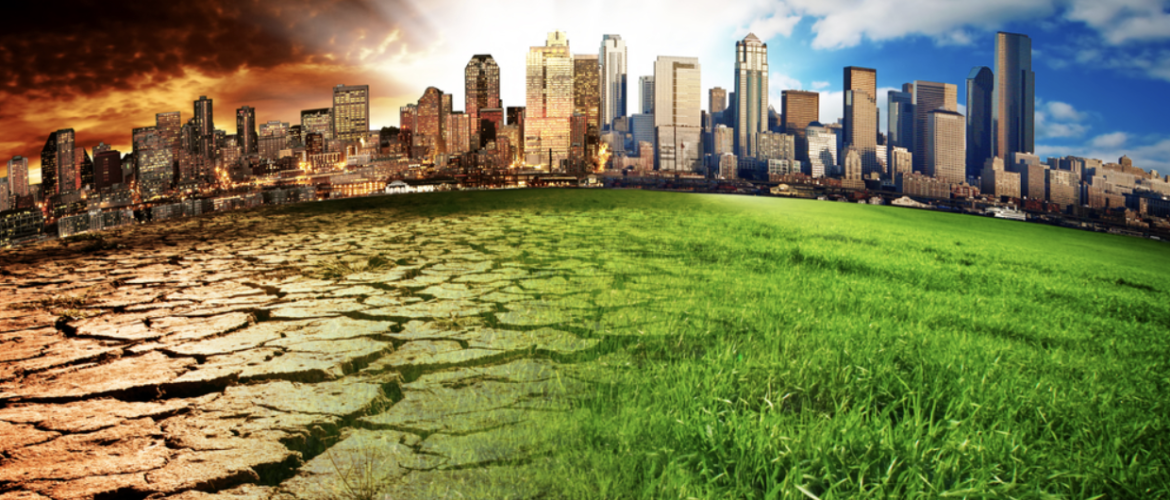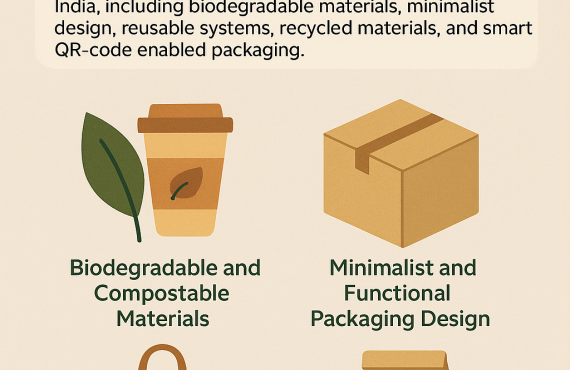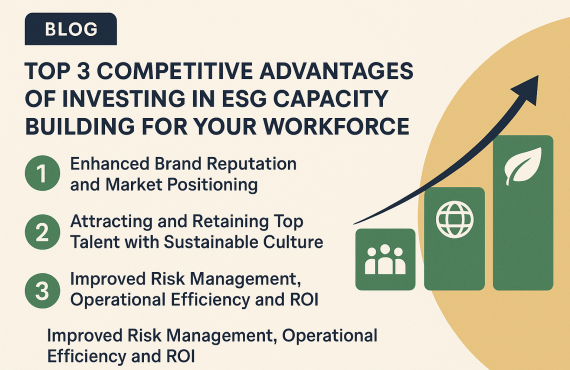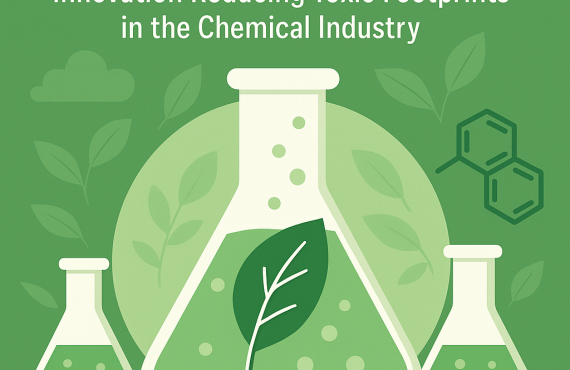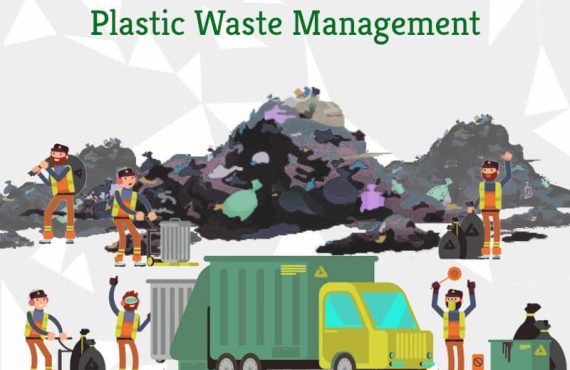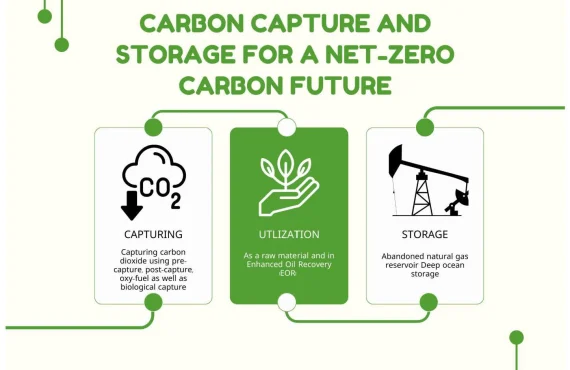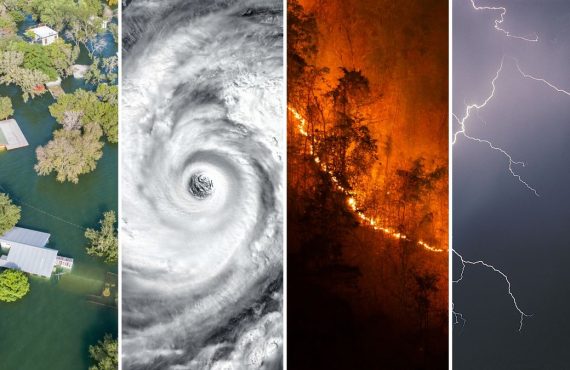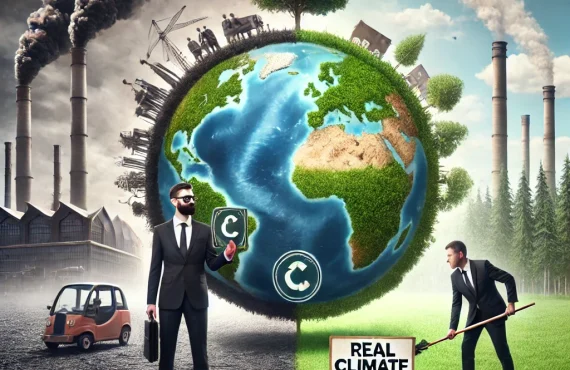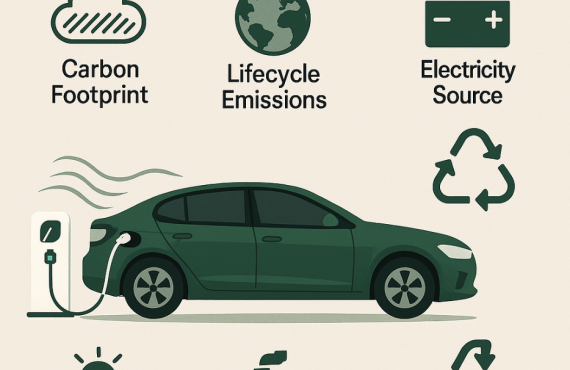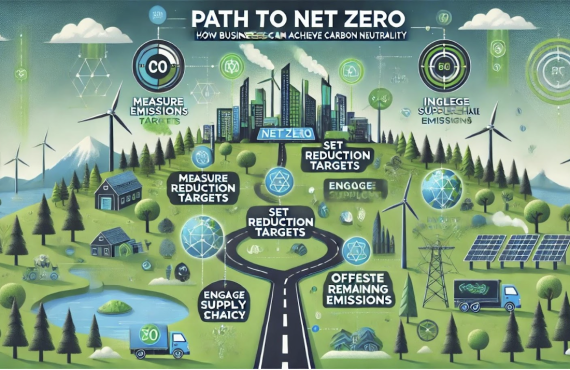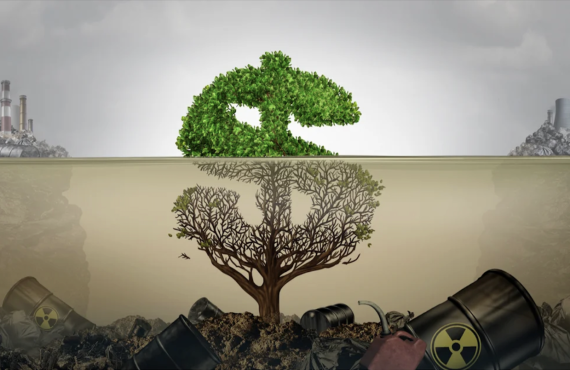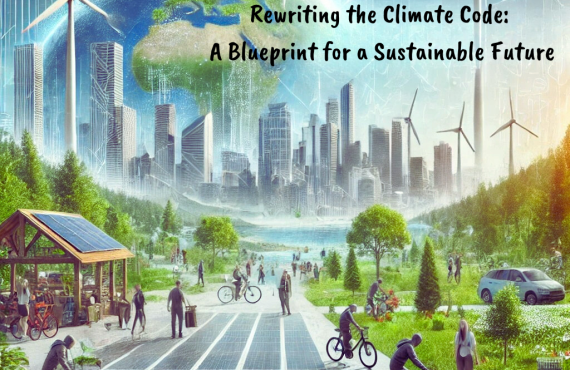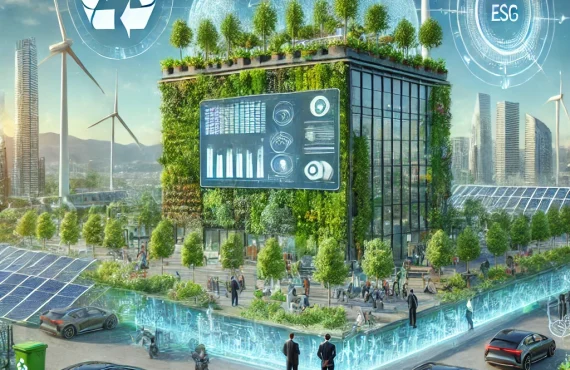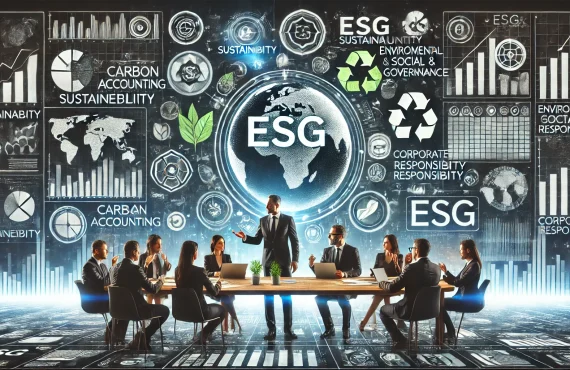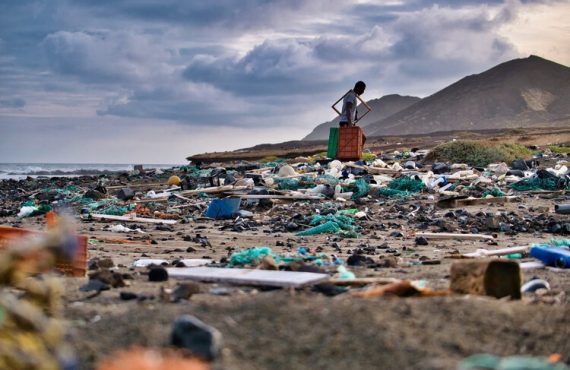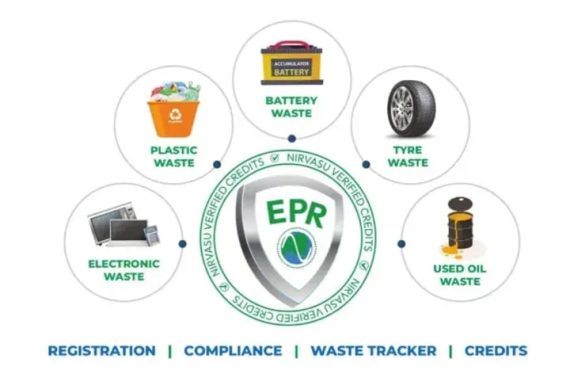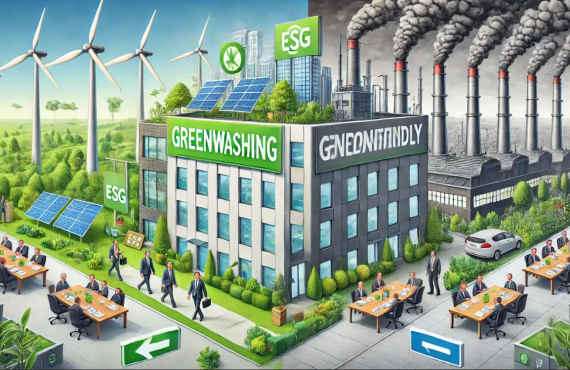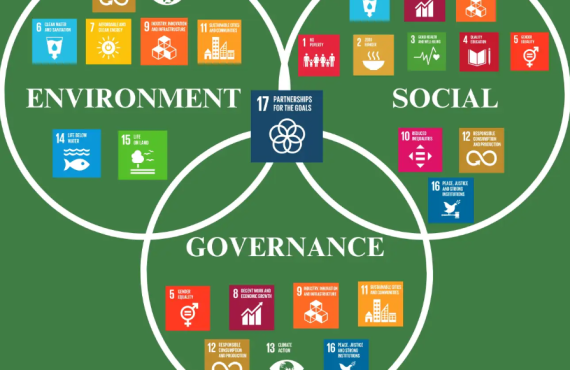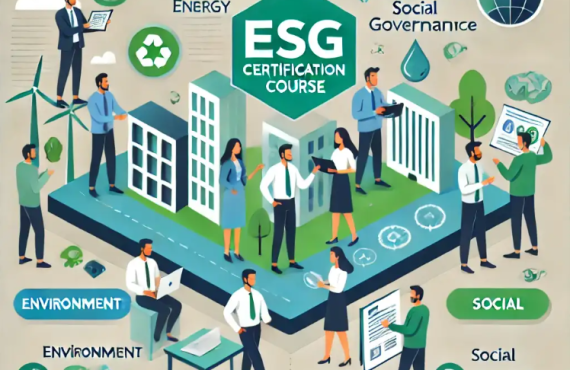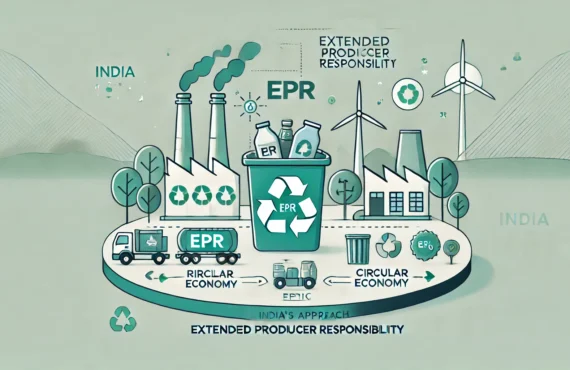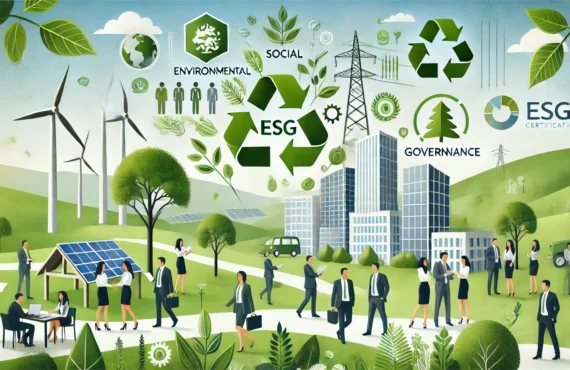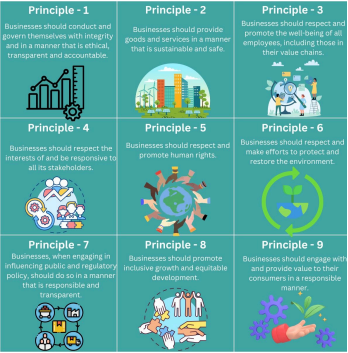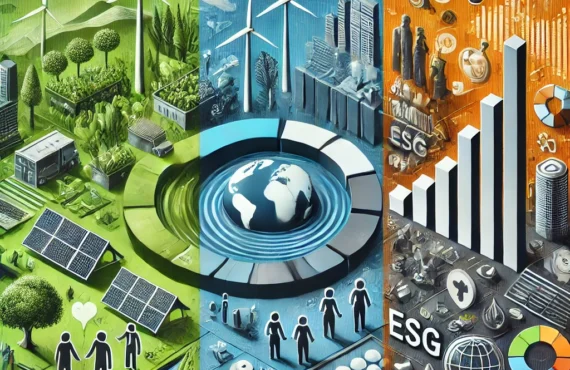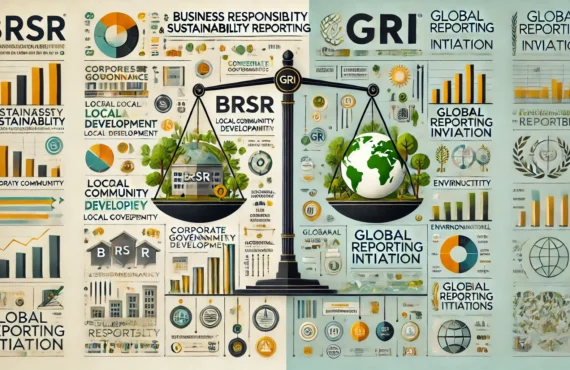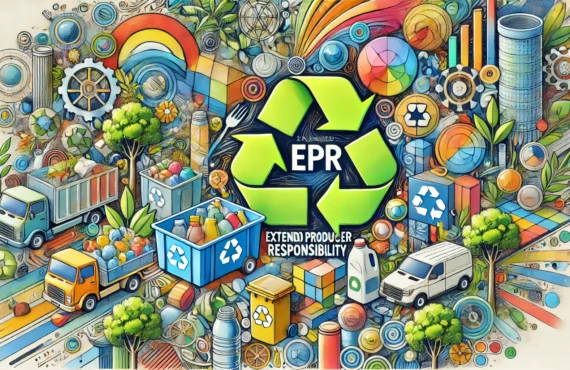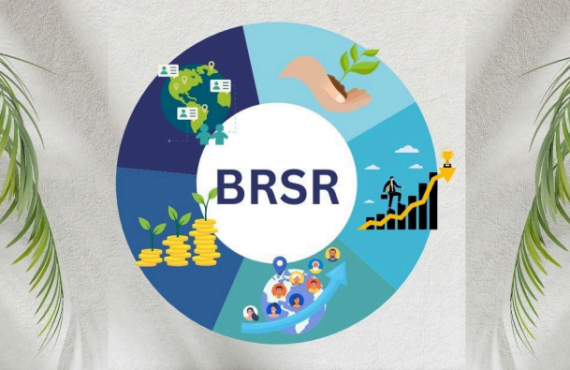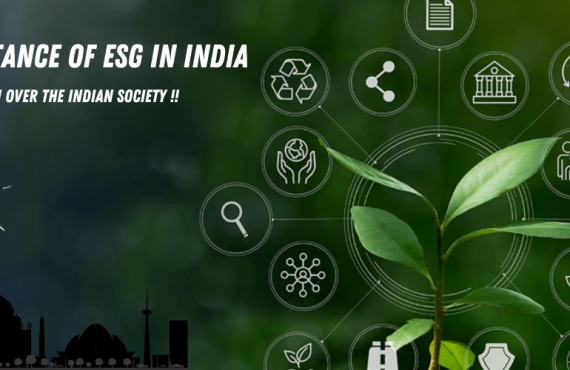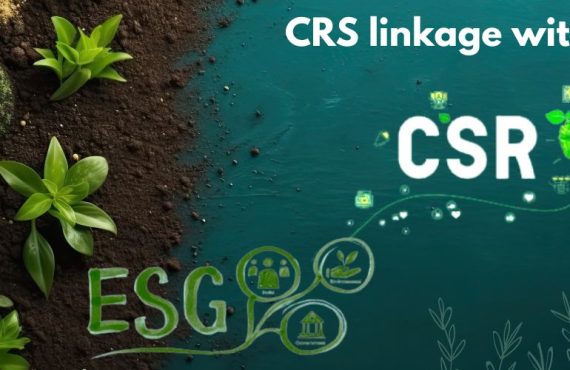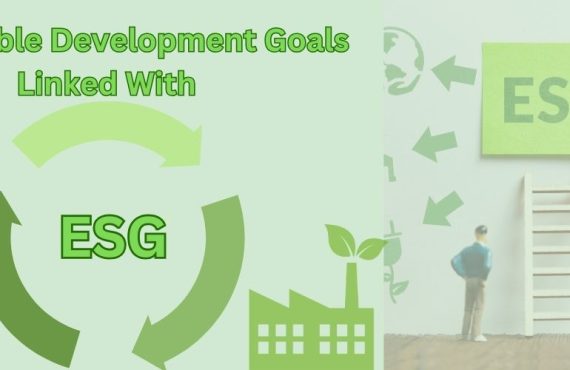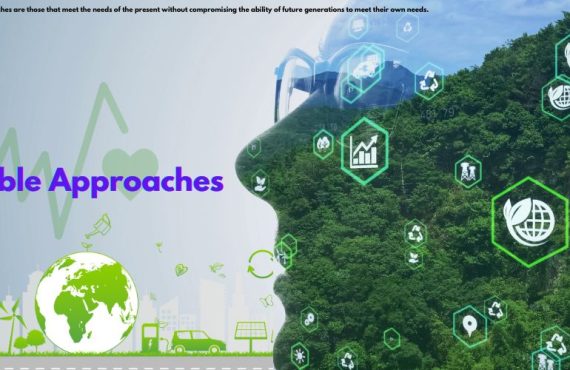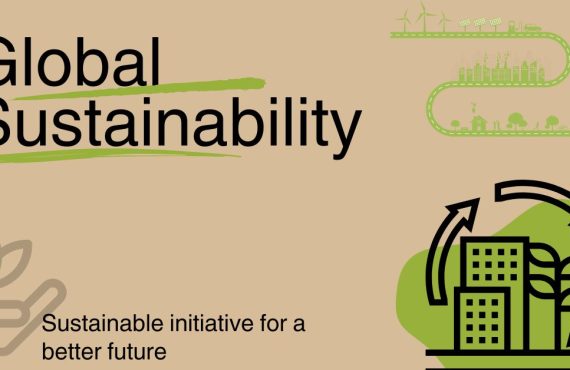Climate Chaos: Adapting to the New Business Normal
The world is facing an era of unprecedented climate instability. From extreme weather events to supply chain disruptions, businesses are no longer just observers of climate change—they are on the front lines. Companies that fail to adapt risk financial instability, operational challenges, and repetitional damage. The new business normal is one where sustainability and resilience must be embedded into every decision.
The Reality of Climate Chaos
Rising global temperatures, erratic weather patterns, and increasing natural disasters are reshaping industries. Wildfires, hurricanes, and droughts now directly impact business operations, while shifting regulations and consumer expectations demand a shift toward sustainability. Companies must acknowledge that climate change is not a distant threat but an immediate business risk.
Adapting Business Strategies for Resilience
To thrive in this new normal, businesses must integrate climate adaptation strategies into their core operations. Here’s how:
1. Supply Chain Diversification
Extreme weather events can cripple supply chains. Businesses should assess their vulnerabilities and diversify suppliers, prioritise local sourcing, and incorporate climate risk assessments into procurement strategies.
2. Sustainable Operations
Transitioning to renewable energy, optimising resource use, and reducing emissions are no longer optional—they are essential. Companies investing in energy efficiency and waste reduction are not only future-proofing operations but also gaining consumer trust.
3. Financial and Risk Management
Businesses must factor climate risks into financial planning. This includes securing climate insurance, stress-testing assets against climate scenarios, and investing in adaptive infrastructure to mitigate losses.
4. Regulatory Compliance and Corporate Responsibility
Governments worldwide are enforcing stricter climate policies. Companies must stay ahead by complying with environmental regulations, reporting sustainability metrics, and embracing transparent ESG (Environmental, Social, and Governance) practices.
5. Innovation and Green Investments
Climate challenges also create opportunities for innovation. Businesses investing in green technology, circular economy models, and low-carbon solutions will lead the market transformation.
A Call to Action
Ignoring climate chaos is no longer an option. The businesses that will thrive in the future are those taking proactive steps today. Whether it’s rethinking supply chains, reducing carbon footprints, or embedding sustainability into corporate strategy, adaptation is the key to survival. The new business normal demands resilience, responsibility, and innovation.
As climate challenges intensify, will your business adapt—or be left behind?
Reference
https://www.coherentmarketinsights.com/industry-reports/green-electronics-manufacturing-market


